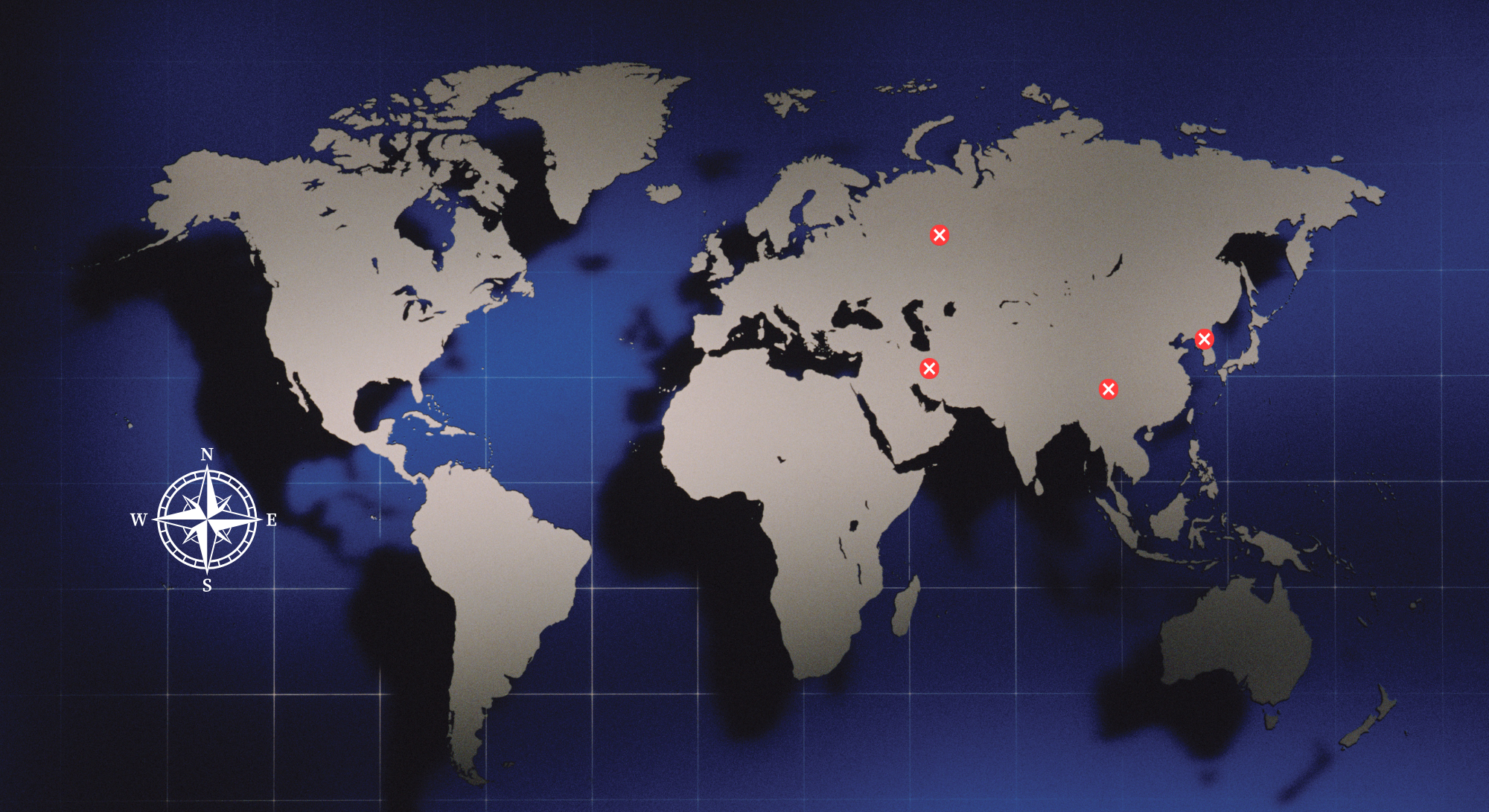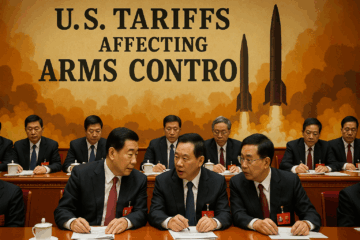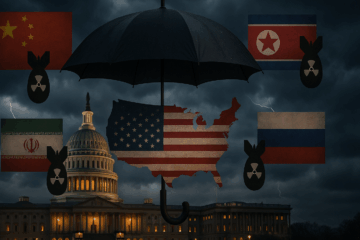ICBM EAR Report
Executive Summary
Based on the latest EAR Report, these are the critical points on global security, upcoming events, and the ongoing discourse on nuclear deterrence, modernization, and geopolitical strategy for 2025.
Quotes of the Week
- Xi Jinping (China): “No one can stop the historical trend” of China’s “reunification” with Taiwan.”
- U.S. Ambassador Philip Goldberg (South Korea): Reaffirmed the U.S.-South Korean alliance amidst geopolitical tensions.
- DPRK Kim Jong Un: Committed to implementing the “toughest” anti-American policy while criticizing the U.S.-South Korea-Japan security partnership.
- Antony Blinken (U.S. Secretary of State): Highlighted Russia’s intentions to share advanced space technology with North Korea.
- NATO Official: Warned of unconventional Russian attacks causing substantial casualties.
Upcoming 2025 Seminar Events
- January 10, 2025, 10:00 AM: Robert Soofer & Mark Massa on “The Case for Homeland Missile Defense.”
- January 31, 2025, 10:00 AM: Shoshana Bryen & Ilan Berman on “Middle East Update and the Iranian Nuclear Threat.”
- February 14, 2025, 10:00 AM: Stephen Blank & Mark Schneider on “Russian Intentions with Its Growing Nuclear Forces.”
- February 28, 2025, 10:00 AM: Hon. Madelyn Creedon & Hon. Frank Miller on “Assessment and Update of the Posture Commission.”
- March 14, 2025, 10:00 AM: Gordon Chang & Rick Fisher on “The Chinese Nuclear Threat & Implications for US Security.”
Nuclear Derangement Syndrome
- Criticism of nuclear deterrence is gaining momentum, focusing on framing nuclear weapons as both unnecessary and dangerous.
- The Union of Concerned Scientists highlights essays opposing nuclear modernization, which are countered with arguments emphasizing deterrence as essential for stability.
- The critique overlooks the strategic necessity of nuclear weapons in preventing large-scale conflicts and ensuring global security.
The Biden-Trump Arms Race
- Criticism: The Biden and Trump administrations’ claims of an arms race are exaggerated. They focus on necessary modernization within New START limits.
- Reality: Modernization efforts (Columbia submarines, Sentinel ICBMs, B21 bombers) align with treaty commitments, aiming for readiness by 2042.
- Key Concern: Rising nuclear capabilities of Russia and China surpass New START limits, demanding U.S. responses to maintain strategic balance.
- Counterarguments: Opponents argue modernization fuels an arms race, while proponents emphasize deterrence and technological edge against adversaries.
Download the full report.
About the Author

Peter Huessy
Mr. Peter Huessy is President of his own defense consulting firm, Geostrategic Analysis, founded in 1981, and through 2021, Director of Strategic Deterrent Studies at the Mitchell Institute on Aerospace Studies. He was the senior defense consultant at the National Defense University Foundation for 22 years. He was the National Security Fellow at the AFPC, and Senior Defense Consultant at the Air Force Association from 2011-2016.
Mr. Huessy has served as an expert defense and national security analyst for over 50 years, helping his clients cover congressional activities, arms control group efforts, nuclear armed states actions, and US administration nuclear related policy, budgets, and strategies, while monitoring budget and policy developments on nuclear deterrence, ICBM modernization, nuclear arms control, and overall nuclear modernization.
He has also covered nuclear terrorism, counterterrorism, immigration, state-sponsored terrorism, missile defense, weapons of mass destruction, especially US-Israeli joint defense efforts, nuclear deterrence, arms control, proliferation, as well as tactical and strategic air, airlift, space and nuclear matters and such state and non-state actors as North Korea, China, Iran, Syria, Venezuela and Hezbollah, Hamas, and Al Qaeda. This also includes monitoring activities of think tanks, non-governmental organizations, and other US government departments, as well as projecting future actions of Congress in this area. His specialty is developing and implementing public policy campaigns to secure support for important national security objectives. And analyzing nuclear related technology and its impact on public policy, a study of which he prepared for the Aerospace Corporation in 2019.




